8 ways white folks can support people of color
By Aryenish Birdie | August 17, 2017
Over the coming year, Encompass plans to roll out a white ally group. However, this week we've seen an uptick in white folks asking what they can do to support people of color (POC) in the wake of Charlottesville, so we developed this short list. This list is by no means exhaustive but it’s a start. Please feel free to add your own thoughts and ideas in the comments section.
1. Listen with an open mind and heart
Take time to read, watch, and listen to POC voices. It’s important to know when to stop talking and absorb the information around you. Be cognizant not to “whitesplain.”
There’s a difference between being an ally and an anti-racist. Allyship requires knowledge about how racism/white supremacy impacts our society/individuals and a willingness to push back even if it’s uncomfortable.
2. Be comfortable with being uncomfortable
Addressing race requires us all to be uncomfortable at times, but it’s the only way we can grow and strengthen. As you wade into this territory know that you will be challenged and it will be uncomfortable––it’s okay––know you will come out the other side a better person for it.
3. Follow prominent vegans of color
Social media makes it easy to hear the words of people who’ve been speaking about these issues for decades. Take time to digest what they have to say and then share these insights with your communities.
Some great places to start: lauren Ornelas of Food Empowerment Project, Breeze Harper of The Sistah Vegan Project, Aph Ko of Black Vegans Rock, and Liz Ross of the Vegan Advocacy Initiative.
4. Take an inventory of your social circles and workplaces
Ask yourself, “How homogeneous are the spaces I tend to occupy?” Asking this basic question might help shed light on the fact that POC don’t tend to feel welcomed by our movement––they don’t see themselves reflected.
5. Support POC
POC are a huge part of our movement. Unfortunately, they don’t get the attention and praise that they deserve. Offer to financially support them. Offer to support them with your platforms. Offer to support them on social media.
6. Show solidarity with other social movements
Take time to show solidarity, via social media but also in the streets, with other social movements without asking for anything in return.
7. Speak out when you hear or see something problematic
One of the best ways white folks can support POC is to stand up to other white folks when they see or hear problematic encounters. This may happen when POC aren’t in the room. Make sure your intentions are clear: microaggression won’t be tolerated when POC are around or when they aren’t.
If POC are present and vocalize their opposition to something troublesome, defer to them. Offer support and solidarity but step back and let them lead if they want to.
8. Stop pretending to be “color blind”
In her excellent TED talk, Mellody Hobson speaks about why we should be “color brave,” not color blind. The problem isn’t that we see color; it’s what we do when we see that color (consciously or subconsciously). Race is one of the most uncomfortable and divisive issues in our country, but pretending not to see color is not the solution.
Color blindness doesn’t mean there’s fairness and equality. Being color blind means we’re ignoring the problem. Instead of avoiding race, let’s deal with race head on—we’ll be better for it and so will the animals. If we truly believe in equal rights and equal opportunity, we need to have real conversations about this issue.
A few "Don’ts":
— Don’t give up
These issues are complicated and challenging. Don’t give up if you feel overwhelmed or like it’d be easier to avoid it––this is when you know you’re onto something.
— Don’t be surprised when racism rears its ugly head
Statements like “I can’t believe Charlottesville is happening in 2017” can undermine the racism POC feel on a daily basis. POC deal with race-based violence, hate, microaggressions and more all the time. Statements like this, although well-intentioned, undermine the experiences POC experience because the shock illuminates that there’s a world of privilege out there where white folks can ignore race-related issues. POC don’t live in that world.
— Don’t ask POC to speak on behalf of an entire community
When you see something problematic, it’s not OK to ask one person to speak on behalf of an entire group of people. This is tokenizing and makes people very uncomfortable.
— Don’t ask POC to only speak about race issues
POC are brilliant organizers, campaigners, creatives, and more. Don’t only solicit their opinions about race issues (and be sure not to use them as your “race teachers”). Be intentional to include them and their ideas in all the work that you do.

